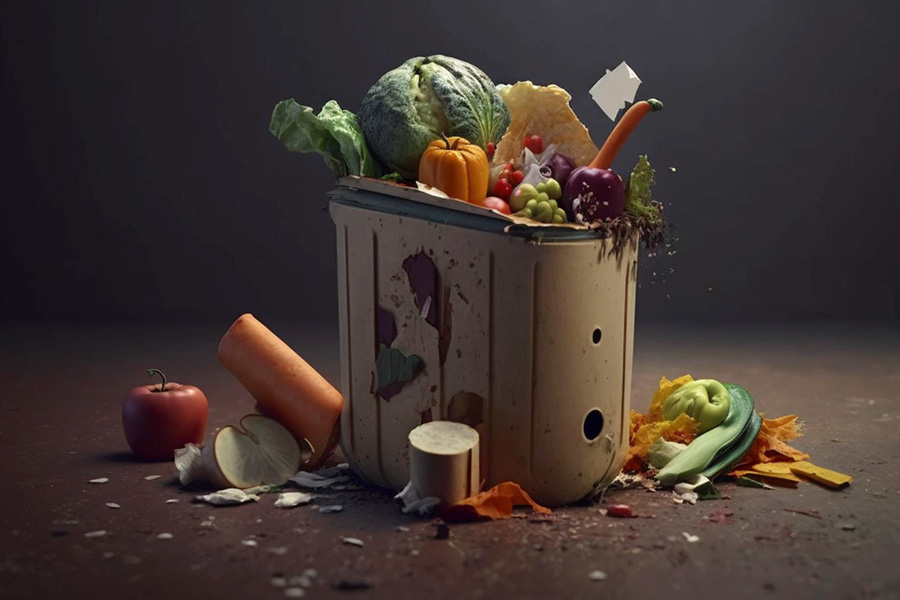
This article explores the possibility that providing citizens with solutions that are mindful of their cultural acceptability will lead to the effective implementation of policies at micro levels.
Author
Navreet Kaur Rana, Fellow, Jindal India Institute, O P Jindal Global University, Sonipat, India
Summary
Food security is a matter of both global and national concern in India. In a country such as India, where consuming leftovers and reducing food wastage is an ingrained moral and religious belief as opposed to other cultures, especially in some highly industrialised ones, this article explores the possibility that providing citizens with solutions that are mindful of their cultural acceptability will lead to the effective implementation of policies at micro levels.
One of the facets of food security, food utilization, is an aspect which can be improved at the individual and household levels. It constitutes one such opportunity in India because of the inherent belief system of the country. My investigation is based upon the theory of Johan Pottier (1999) who stated that while food security is a global issue and much policies is directed at that scale, policies are not well-grounded in a bottom-up understanding of foodscapes of those at whom it was aimed.
The paper uncovers unanimity regarding the notions of consuming leftovers and curbing food waste as religious beliefs among various religions across India. It also compares the cultural acceptability of reusing leftovers and reducing wastage in India with developed nations such as the USA and the UK.
This work thus emphasizes on avenues for further exploration about how anthropologists can be mobilised in situations which involve purely qualitative solutions. This research is specific in regard to the Indian population. The article attempts to provide a solution to implement policies in India with the intervention of anthropologists as a supporting machinery.
Published in: Food Security
To read the full article, please click here.

